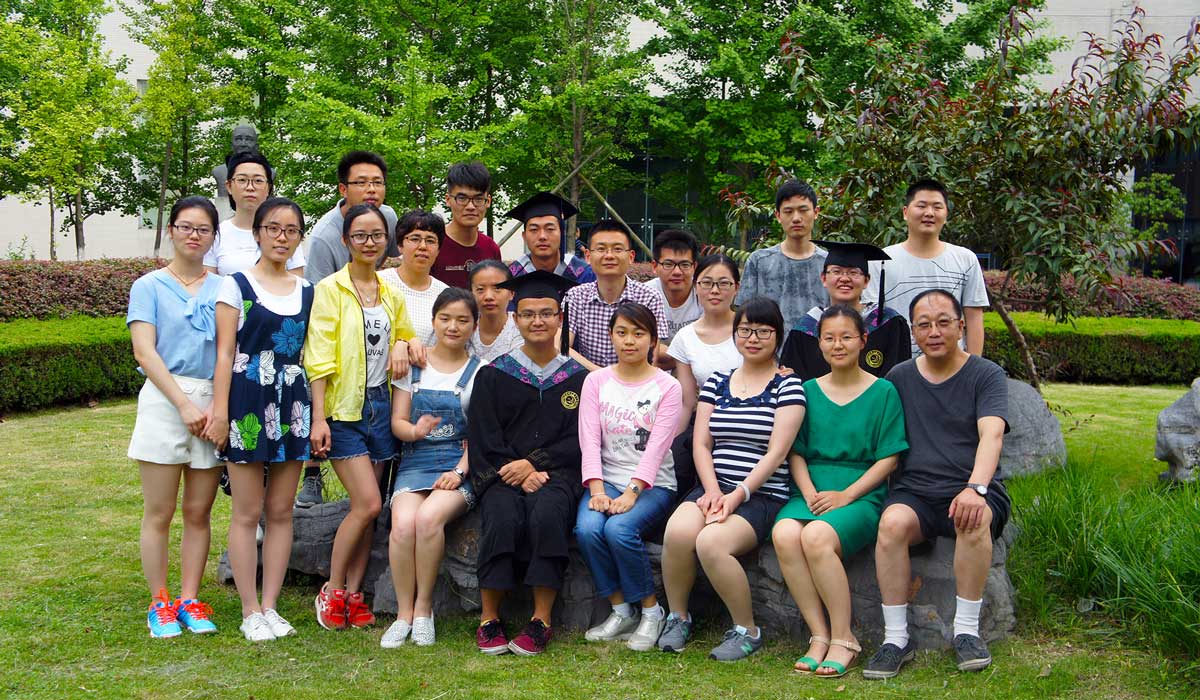High-temperature cultivation of recombinant Pichia pastorisincreases endoplasmic reticulum stress and decreases production of human interleukin-10
Yongjun Zhong, Lu Yang, Yugang Guo, Fang Fang, Dong Wang, Rui Li, Ming Jiang, Wenyao Kang, Jiajia Ma, Jie Sun and Weihua Xiao
Abstract:
Background
The yeast Pichia pastoris (P. pastoris) has become a popular `cell factory’ for producing heterologous proteins, but production widely varies among proteins. Cultivation temperature is frequently reported to significantly affect protein production; however, the underlying mechanisms of this effect remain unclear.
Results
A P. pastoris strain expressing recombinant human interleukin-10 (rhIL-10) under the control of the AOX1 promoter was used as the model in this study. This system shows high-yield rhIL-10 production with prolonged methanol-induction times when cultured at 20°C but low-yield rhIL-10 production and higher cell death rates when cultured at 30°C. Further investigation showed that G3-pro-rhIL10, an immature form of rhIL-10 that contains the glycosylation-modified signal peptide, remained in the ER for a prolonged period at 30°C. The retention resulted in higher ER stress levels that were accompanied by increased ROS production, Ca2+ leakage, ER-containing autophagosomes, shortened cortical ER length and compromised induction of the unfolded protein response (UPR). In contrast, G3-pro-rhIL10 was quickly processed and eliminated from the ER at 20°C, resulting in a lower level of ER stress and improved rhIL-10 production.
Conclusions
High-temperature cultivation of an rhIL-10 expression strain leads to prolonged retention of immature G3-pro-rhIL10 in ER, causing higher ER stress levels and thus greater yeast cell death rates and lower production of rhIL-10.
